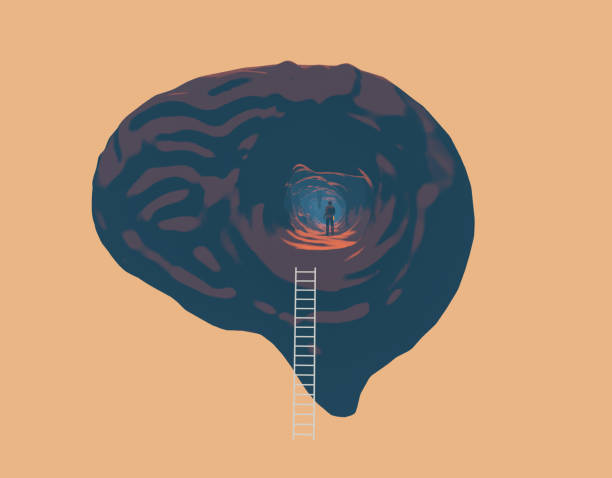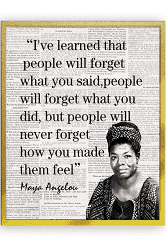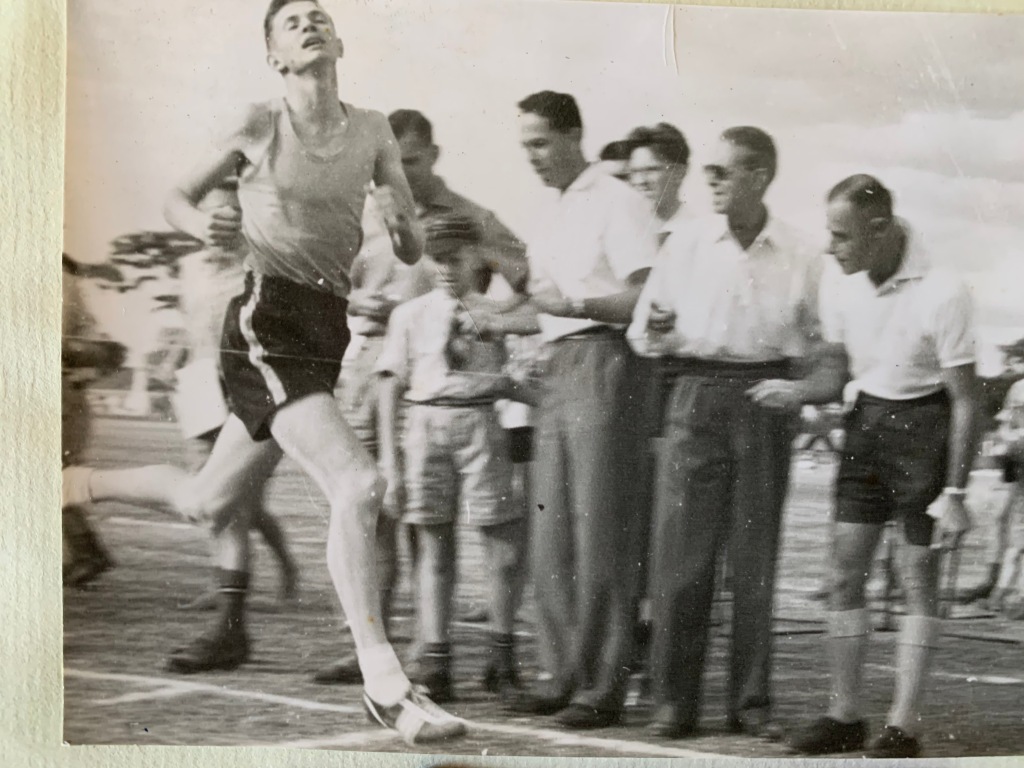Storytelling is as natural to us as human beings as breathing. But most of us do not naturally tell good stories. It is crucial that we learn this art because it is the best way to persuade others to embrace your vision, influence a new strategy, and win hearts rather than minds.
When we transmit an idea of any sort it is imperative to tell a powerful story that engages listeners at an emotional level. But isn’t this counterintuitive? Haven’t we all learned that reason is our most powerful persuasive tool? As it turns out, no, storytelling does something data and logic, however valid, cannot:
Powerful stories engage people’s emotions and imagination inspiring them to action.
Reasons that Stories are Powerful
Let’s look at several other reasons that stories are so persuasive.
First, stories are a way that we as individuals naturally organize our personal lives and communicate our everyday experiences. From our early experiences of ‘show and tell’ in elementary school to the way we remember vacations and the important events in our lives, we are by nature storytellers, we make sense of our lives through our personal narratives; similarly we are naturally drawn to the stories that others tell.
Second, stories touch our emotions, making them highly memorable because we remember best what we powerfully feel. The leader who wants to be the most persuasive must have a story line that resonates with what the audience strongly feels and values. This will increase the likelihood of buy-in for the vision or idea being presented.
Third, stories breathe life into statistics. When we read a newspaper article where hundreds of people have perished in an earthquake, our intellect registers the news and although we may think the news is terrible, we somehow remain detached from it. But, when we read the harrowing personal story of a survivor emerging from the rubble after her family had given up hope that she was alive, our emotions are triggered and the story takes on a completely different quality-it becomes real, urgent, and palpable.
Fourth, stories are a powerful tool in shifting our focus. For example, stories have the power to shift us from being fearful or risk averse to being driven by hope. The reason for the change in perspective is that stories give us a belief in ourselves as we imagine new possibilities. As we listen to a story of someone overcoming odds, we find ourselves thinking, “If the story’s character can do it, so can we.” Think for a moment when you last became drawn into a movie story line where it became your story. Consequently, stories are excellent vehicles for triggering positive emotions within each of us.
Fifth, stories have the power to orient people towards the greater good. Anything that smacks of self-centeredness will turn the audience off. A “What’s he trying to get out of me?” audience response is the death-knell of any speech. A powerful story must step into the real world of the audience and mirror what they believe to be good for the organization. They need to be left with the feeling “We can make a difference in this important area.” Such a response insures that they will heed the speaker’s call to action and in so doing make the proposed idea theirs as well.
Finally, stories are a powerful source of inspiration. The communicator must also be cognizant of the sources of inspiration in all persons – contribution, character, imagination, empathy, expecting the best – and be sure that at least one of those themes are included in the story’s overarching theme. Inspiration driven action is a powerful driving force in any organization.
6 Keys to Telling a Powerful Story
Key#1: Tell a story that touches your audience at an emotional level. Unless your story has universal appeal it will fall flat.
Key #2: Tell stories to breathe life into statistics.
Key #3: Tell stories that shift the focus to a powerful present and a compelling future.
Key #4: Tell stories how great odds or obstacles have or will be overcome. We all relate to a redemptive appeal and where the outcome represents the triumph of the human spirit.
Key #5: Tell stories that step into the world of the audience and address what inspires them.
Key #6: Tell stories that provoke deeper questions rather that giving answers in neat little packages.
Four Different Story Forms
There are four story forms that are used the most. These, as identified by the authors Peter Denning and Robert Dunning in “The Innovator’s Way” (2010) are: The Research Paper, The Transformational Event, Life Struggle Story, and The Manifesto.
The research paper is the primary vehicle of the scientific community but is very seldom inspiring and only captures the imagination of a very small audience. It may excite the minds of a select few who are data driven but it hardly the royal route to the heart of most people.
The transformational event is a story based on a number of anomalies in a current situation (the business model or technology is no longer effective and there is the need for a paradigm shift). Here the storyteller proposes a new framework that resolves the paradoxes in the world of his/her audience. The biggest challenge with this type of story is that the bright new vision of the future, as told by the storyteller, is often purely speculative. It takes a lot more effort to persuade audiences to act based on such an event.
The life struggle storyis the basic format of many screenplays. The protagonist has high hopes and aspirations, runs into frustrating and sometimes life threatening obstacles (antagonists), and finds a way that grabs the interest of the viewer to overcome those obstacles. This ‘in spite of all odds’ story line is the stuff of many inspirational tales. Such narratives in the business world can be compelling provided that the storyteller does not become the story itself. The question listeners are more than likely to ask is “how does this person’s life struggle relate to us and our mission?”
The manifesto, the last story form, is where the speaker asks people to imagine a better future.
Recently I was working with a senior executive who was struggling with a new and groundbreaking strategy for his organization. He was giving a lot of facts and figures when I stopped him with the statement
“Too many words. Too many words. Answer this question. Imagine what the world will be like for both your customer as well as your organization when your strategy comes into play.” Tell a Story.
By definition this future lacks detail and precision but you can certainly fill in the blanks by extrapolating results from current trends, from competitors, initial studies, or different domains. Some Manifestos come from stories within the history of the company itself as a “Remember when we….” story. The bright future can also be presented in contrast with the difficulties and roadblocks of the present. Here the audience will have an‘aha’ moment because the ‘bright future’ makes so much sense to them.
In my consulting I encourage people to use the Manifesto as their most frequently used story type because of its potential for the greatest impact.
In a nutshell, what story are you telling to influence a particular group or meet a compelling challenge?
If you enjoyed this post, why not subscribe to my feed and join a growing number of world-wide readers?









